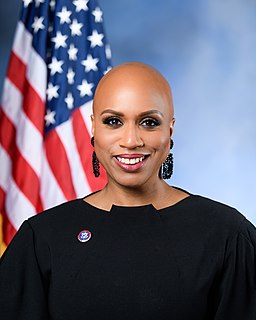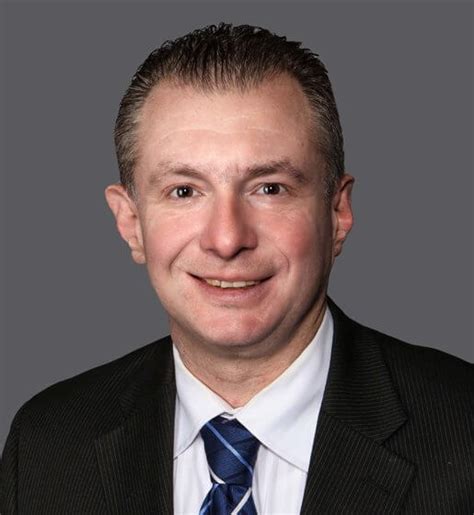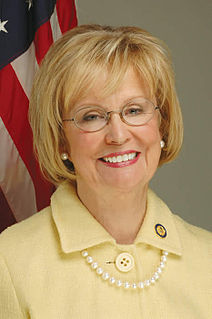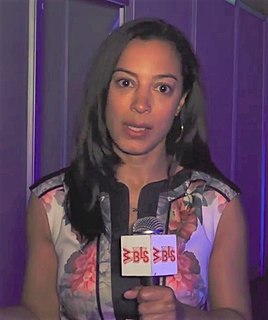A Quote by Kimberle Williams Crenshaw
Intersectionality is not easy. It's not as though the existing frameworks that we have - from our culture, our politics, or our law - automatically lead people to being conversant and literate in intersectionality.
Related Quotes
Our laws make law impossible; our liberties destroy all freedom; our property is organized robbery; our morality an impudent hypocrisy; our wisdom is administered by inexperienced or mal-experienced dupes; our power wielded by cowards and weaklings; and our honour false in all its points. I am an enemy of the existing order for good reasons
I'm not naive. All politics is about identity, right? Neighborhood politics, cultural politics, issue politics. It's not as though I don't get that. It's just - it has to be, I think, tempered in a way that is for our overall advancement and not to our detriment or obliteration. When I say 'our,' I don't mean just communities of color.
The history of lead is a history of neglect. It's a history of decisions on our part not to address the broad implications of what we did to ourselves during the industrial revolution and in the first part of the century when our cities expanded broadly, when we built our housing and we began to depend upon lead as a mainstay of our new industrial culture. We put this stuff in even though we knew it was dangerous, we knew it was going to hurt kids.
As human beings, we all have reasons for our behavior. There may be people who have certain physiological issues that dictate why they make certain choices. On the whole, though, I think we're dictated by our structure, our past, our environment, our culture. So once you understand the patterns that shape a person, how can you not find sympathy?
As Muslims, we are all equals, we abide by the laws and we understand that we have to be active citizens wherever we are. Our goals are first to live by our principles, to remind people of these values, to reconcile our respective societies with these shared universal values and to try our best to push for a spiritual agenda with more ethics in society, in politics, in economics, and in culture.
Most people would say they live with an internal angst that they can't always put their finger on. This is because the Internet has changed our very way of being in this world, compelling us to be perpetually "on" - from our cars to our computers, our tablets to our smartphones, our desks to our living rooms or dining tables, our churches to our libraries to our schools.






































